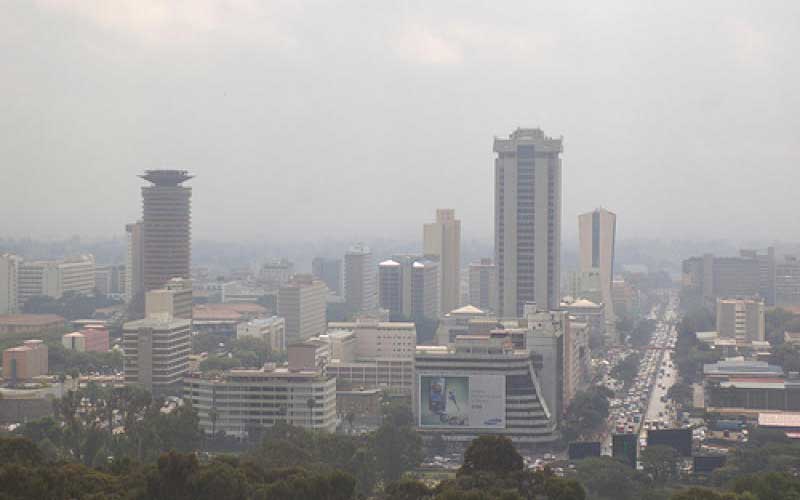
Annually, the World Health Organisation (WHO) releases reports on the state of the environment. Yet despite the glum statistics, each report presents a worse scenario than the previous one; a clear indicator that despite the hype, governments do little to curb environmental degradation.
Locally, an upsurge in respiratory infections has been recorded. No doubt, this is as a result of the bad air inhaled from an environment exposed to industrial pollution, poor waste disposal and river pollution as a result of dumping waste in rivers.